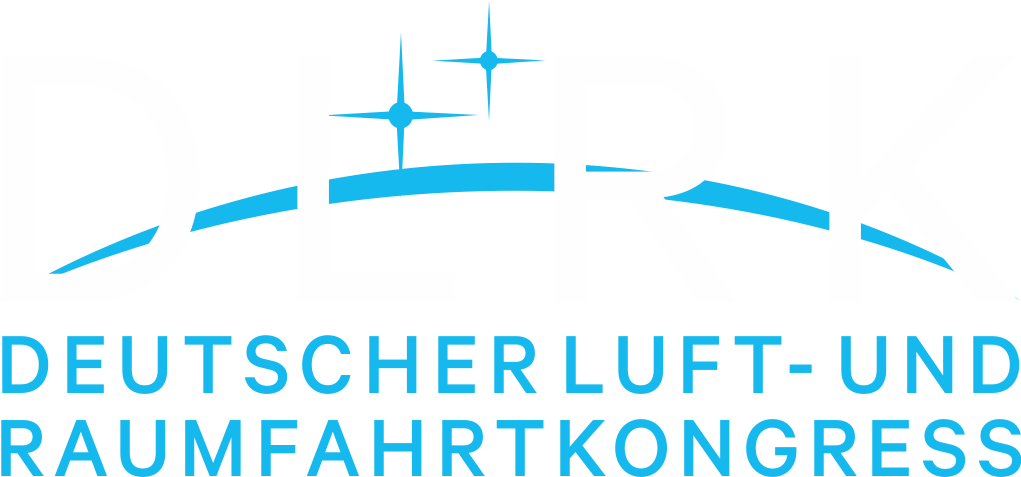
Advanced aircraft technologies for low drag, low weight and low specific fuel consumption are more important than ever to master the challenge towards more sustainable flight. Significant efficiency improvements are mandatory to limit the fuel consumption for next generation aircraft, either to drastically reduce the CO2-impact from in transition period still fossile kerosene based propulsion or to mitigate the drawback from the significant affordability challenge of future sustainable fuels (SAF or H2). Besides this efficiency challenge also the capability for more flexible flight trajectories is key, to mitigate non-CO2 impacts on global warming (such as contrails) and to drastically cut noise emissions.
Nevertheless, full compliance in terms of certifiability, manageable manufacturing cost and full operational compatibility to the air transport system are crucial requirements to ensure economically viable future products.
In this plenary presentation a group of experts from the DGLR Fachbereich L2 "Bemannte Luftfahrzeuge" will outline and discuss the challenges and latest technological initiatives.






Eine wesentliche Rolle auf dem Weg zur klimaneutralen Luftfahrt spielen hocheffiziente Fluggasturbinen, die mit nachhaltigen Luftfahrttreibstoffen (sustainable aviation fuels - SAF) betrieben werden. Neben der Reduktion der CO2-Emissionen können zudem die klimaschädlichen „nicht-CO2“-Effekte durch gezieltes Fuel design und innovative Brennerkonzepte minimiert werden. Die positive Klimawirkung von SAF gegenüber Kerosin konnte bereits in Flugmesskampagnen erfolgreich demonstriert werden. Um kurz- und mittelfristig die geringen verfügbaren Mengen effektiv einzusetzen werden parallel Strategien bspw. „smart use of SAF“ -Konzepte und Flugroutenoptimierung erarbeitet. Gleichzeitig wird die Produktion insbesondere von PtL-SAFs auf Basis erneuerbaren Stroms im industriellen Maßstab vorangetrieben.


Godesberger Allee 70 • 53175 Bonn • dlrk(at)dglr.de • Fon +49 228 30805-12 • Fax +49 228 30805-24